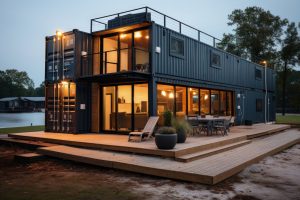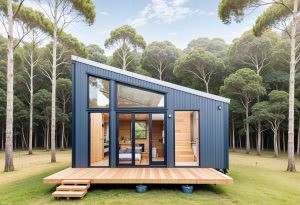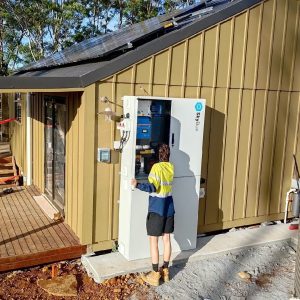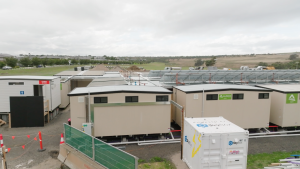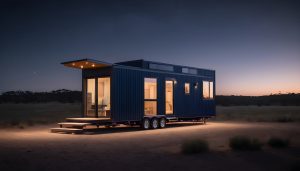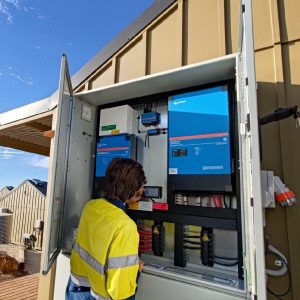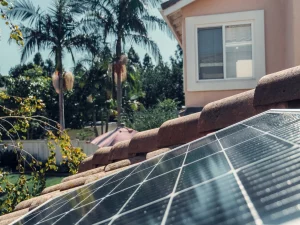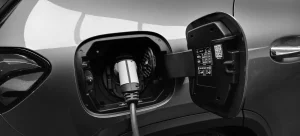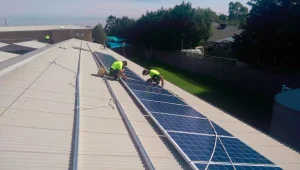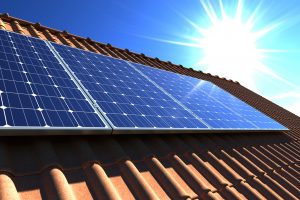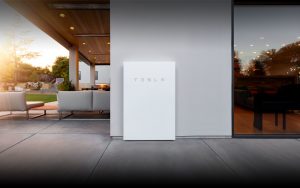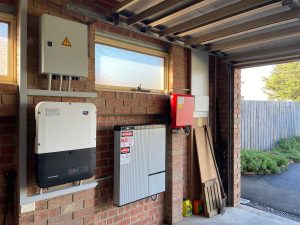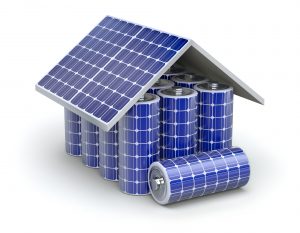Are you looking to convert your business to solar power? Discover the benefits of a commercial solar installation.
Many businesses spend a large chunk of their budget on their power bill. Powering a large corporate facility or a lot of heavy machinery can use up a ton of electricity. If this is a problem for your company as well, you should consider researching commercial solar systems.
Businesses can leverage the efficiency of commercial solar to cut costs. You can experience the same advantages as residential homes and help your company save money that can be reinvested elsewhere in the business, providing a significant competitive advantage. This is especially true if your business is of the type that uses most of its power during daylight hours (9AM-5PM).
In this article, we’re going to talk about some basic principles relating to commercial solar systems. We’ll cover commercial solar system pricing, ROI, quality and maintenance.
After reading this, you’ll be that much more knowledgeable about commercial solar.
Let’s get going!
Commercial Solar Systems vs. Residential
Australia is one of the leading countries when it comes to adopting solar technology. Millions of homes throughout the country have been running on solar power for years. Businesses are starting to understand that commercial solar has a distinct advantage over residential solar and that is the time of use principle.
A solar system produces power from the sun, which is most effective during the hours of 9AM-5PM, the time most businesses are running full steam ahead.
This time of use principle means, with a correctly sized solar system, a business will use close to 100% of the generated electricity, with no power being ‘wasted’ back to the grid, bills are minimised and savings for the business are maximised.
Installing Commercial Solar (System Design)
Another advantage of solar for business is that most commercial buildings are warehouses or office spaces, in other words, large structures with wide-open, mostly unused areas on the roof. These wide-open spaces are perfect for not only installing solar panels but orientating them towards the north which is ideal in Melbourne and the other Australian states.
The open roof area allows for a sufficiently large and ideal orientation system design, which maximises efficiency and increases overall savings. One drawback to consider is the ‘pitch’ of the property roof, as many commercial premises have a relatively flat roof.
The reason for this is panels that are ‘tilted’ towards the sun, tend to be more efficient overall and also more self-cleaning as the water runoff washes away dirt. If you have a flat roof and the available space it is definitely worth considering paying an extra investment on your solar system to use ‘tilt racking’ to orientate the panels onto an angle increasing output and maximising the return on investment over time.
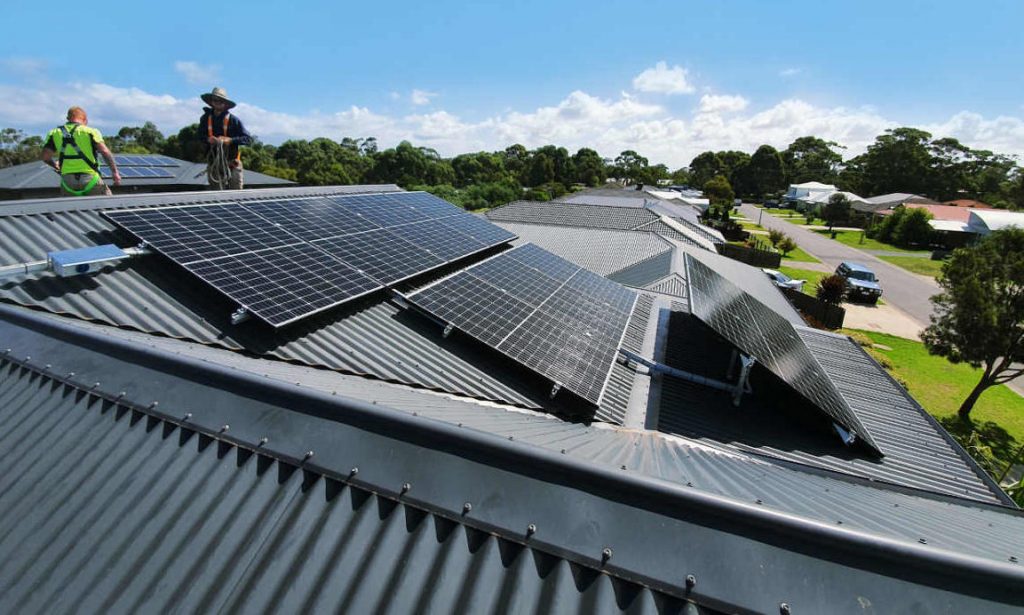
ROI (Return on Investment)
ROI or Return on Investment is the time it takes a business to recoup its initial cost or outlay for a solar system with the solar savings that are provided. The most accurate wait to establish a solar ROI for your business is to first call your power company and ask for ‘interval data’.
Interval data is like a more detailed electricity bill or meter data, that can be read by advanced software. When getting a quote for your business, by supplying the ‘interval data’ to a company with the relevant software, they will be able to give you very accurate return on investment projections.
This will include daily, monthly and yearly savings, in dollars, as well as the ‘pay back’ period, accurate to the month (based on the historical data).
This is exactly what you need to determine, what size solar system to get, how much the outlay will be and how fast you will recoup your costs. You may even be cash flow positive from day one with a solar system. Interval data projections will allow you to predict this accurately and remove any risk or guesswork from the process.
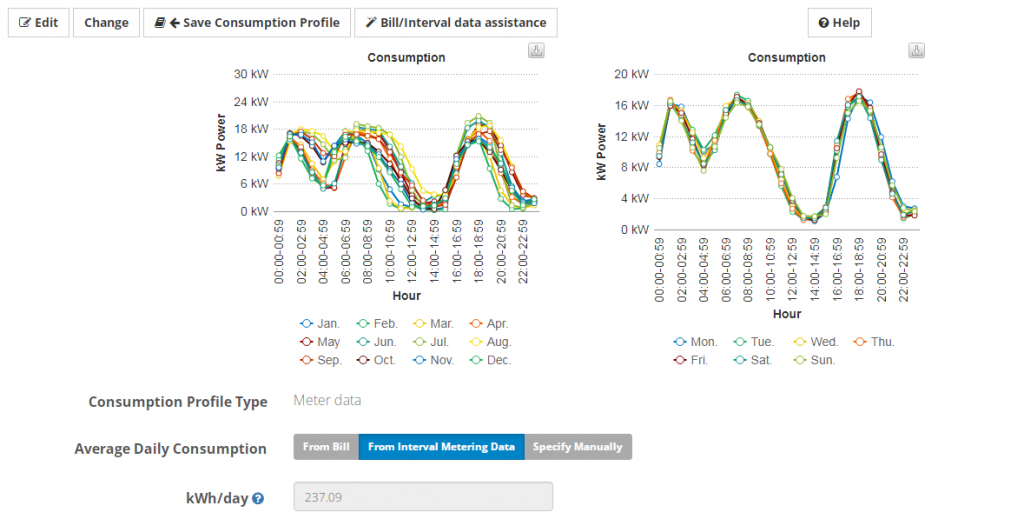
As a side note, the typical payback period for a commercial solar system is about four years but can be significantly less, especially considering that the purchase is often, at least partially, tax-deductible (chat to your accountant).
Electrical Distributor Regulations
Commercial solar is becoming more and more popular, however, the growth of commercial solar in Australia is increasing the demands on the grid to be able to handle the potentially high power inputs commercial solar systems may inject into the grid. Such as on the weekend when you’re producing lots of solar power and it’s flowing back into the grid because your factory or offices are closed for the day.
For this reason, extra approvals may need to be undertaken by your solar provider, often, commercial solar systems require ‘grid protection’ capabilities, to interface between the large commercial solar system and the grid. This ensures it meets the electrical distributor’s requirements and keeps the power lines balanced with the potential power input of a large commercial solar system.
The distributor approvals and grid protection engineering, are things that your solar installer should be responsible for. Make sure that these engineering and approval aspects of the project are included within your quote or proposal to guarantee your business is completely covered and compliant with the local electrical distributor.
Commercial Solar Power System Cost
By now you may be wondering “what’s the commercial solar system price?” Great question.
A smaller commercial system is about a 30kW system. Installation of this system typically costs anywhere between $20,000 and $30,000. The next size up for commercial solar systems would be around about a 100 kW system which might be anywhere from $75,000 to $120,000. The larger systems may exceed a 500kW system. The price of these systems can range anywhere from $700,000 well into the millions.
As an example, based on an average of a 4-year return on investment, a solar system that costs $30,000 will ideally be installed on a business that spends about $10,000 a year on electricity bills (with the solar supplying about 80% of the businesses power needs).
These are of course ‘ballpark’ ideas, to truly get context for how much your business should spend on a solar system, relevant to your electricity bills.
We highly recommend obtaining your interval data and using it to find yourself a software-generated, accurate ROI projection, which will tell you the perfect size solar system for your business.
Commercial Solar Maintenance
Maintenance for commercial solar systems is generally quite minimal. Where required, your installer should provide a maintenance schedule to you upon installation of your system.
When installed properly and with high-quality equipment solar systems can run for years and years without issue. However it is often worth paying an electrician to give your solar system a ‘once-over’ every few years to make sure everything is working exactly as it should be and that nothing has become an issue.
Businesses also benefit from assigning a team member to monitor the solar system’s power generation. While solar systems are very reliable, there’s nothing worse than getting to the end of the quarter, only to receive an electricity bill, shocked to discover your solar system had run into an issue and turned itself off.
The two keys to avoiding this are ensuring you have an accurate web-based monitoring platform with your solar system and then giving someone in your business the task of checking that it’s all working correctly once a week or so.
Some commercial solar companies, offer ‘back to base’ monitoring services as well, which can be useful for achieving as close to 100% up time of your solar system as possible, guaranteeing your savings.
This is where it’s important to make sure you’re working with a reputable solar company. Check solar companies Google and Facebook reviews, ask to see case studies of previous work and chat to their previous clients. The proof is in the pudding, or in this case, the savings!
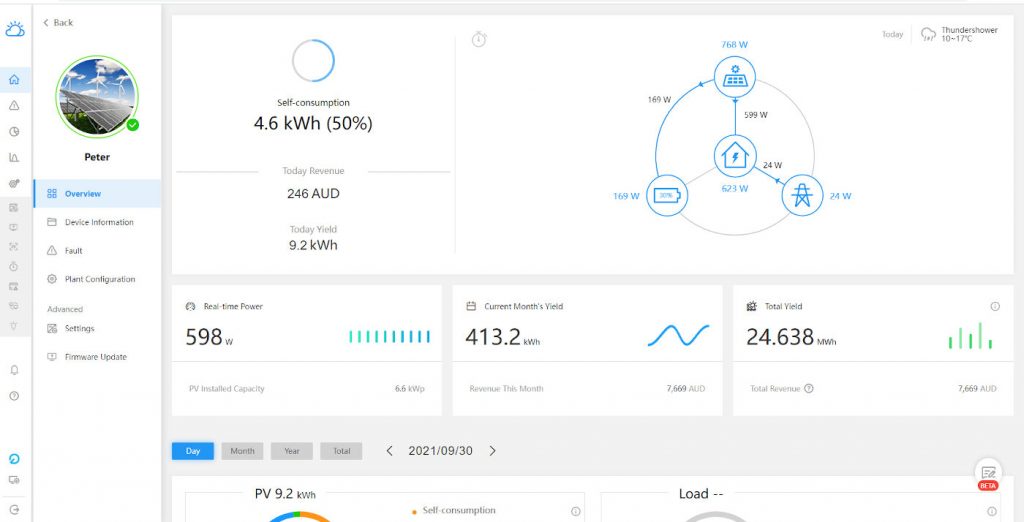
Here Comes the Sun
There you have it! An introductory guide for what you need to know about commercial solar systems. Now you have the knowledge and some more expertise to discuss and navigate the commercial solar world.
Having the proper system installed is a great way to cut energy costs and increase your company’s profitability. Sky Energy is one of the leading commercial solar companies in Australia.
We are more than happy to answer any questions you have about installing your commercial system. Please consider us part of your team and be sure to contact us any time.


